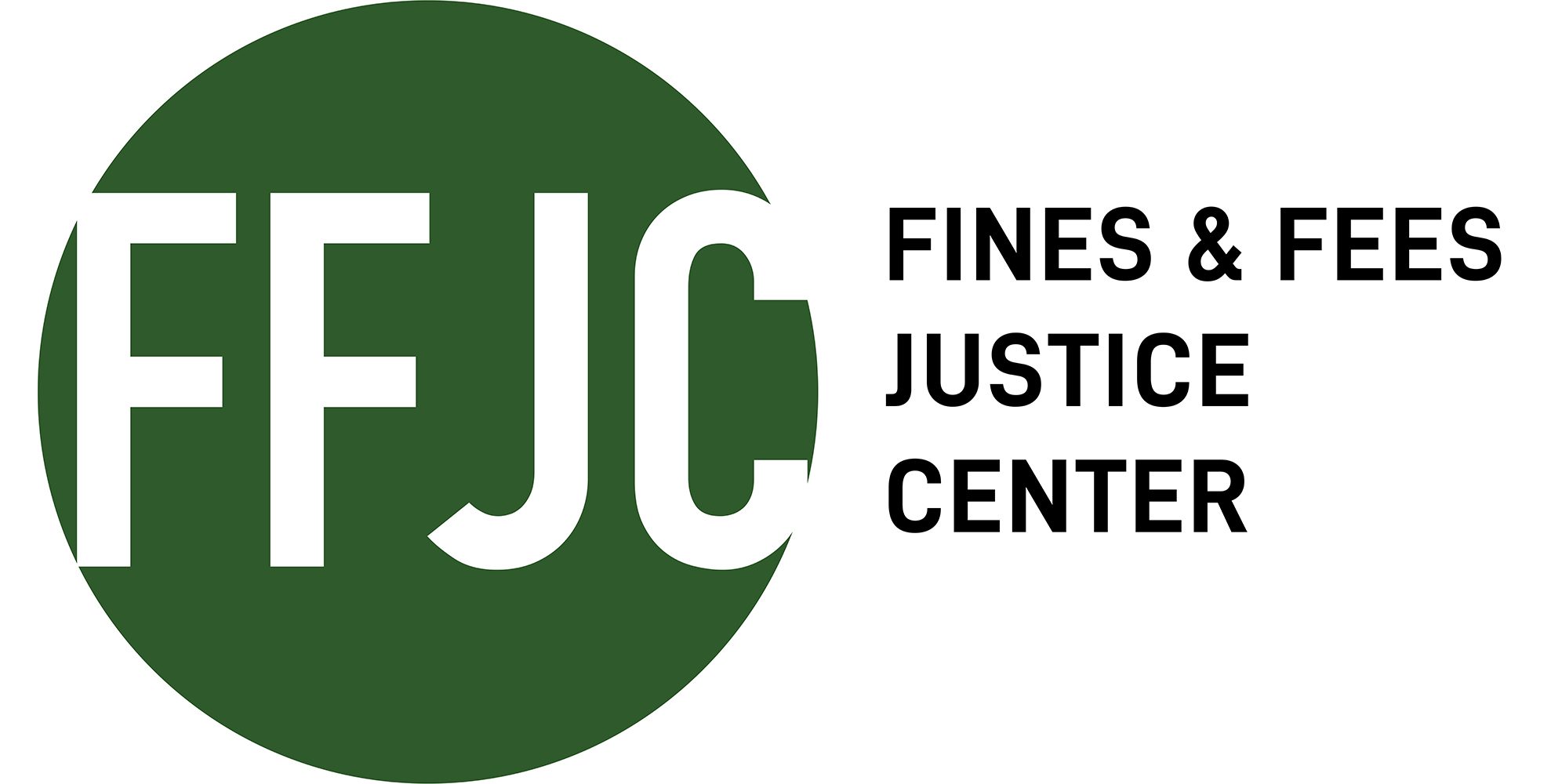This policy brief discusses the national landscape of court fines and fees, with a particular emphasis on fines and fees issues in Illinois. The three parts of this research cover the history and scope of court fines and fees; the motivations and consequences of imposing fines and fees; and, the mechanisms and approaches that could be implemented to achieve fines and fees reform. The authors argue that fines and fees are not good policy because they do not serve their intended purposes, and they also refute widely-used claims in support of these monetary sanctions.
You can read the full text of the report here.
Key findings
- In the past 10 years, 48 states have passed legislation creating new court fines, fees, and costs.
- Prior to the passage of the Criminal and Traffic Assessments Act in 2019, Illinois had more than 90 court fines and fees it could impose on people, most of which are still in effect.
- In Illinois, there is no limit on the total amount of fines and fees that can be imposed in a single case.
- Although the U.S. arrest rate peaked in 1997, the country has seen an increase in fines and fees collection almost every year between 1977 and 2017, with the most rapid increases occurring after 2004.
- Illinois courts have been operating without adequate funding since 2000 and funding was decreased by 22 percent between 2001 and 2013.
- Per 100,000 residents, a one percent increase in the Black population correlates with a $34,000 increase in annual fines and fees collection.
- Fines and fees do not fulfill their goal of raising revenue to offset the costs of operating the criminal justice system. At best, fines and fees are an inefficient source of revenue and at worst, they burden low-income people.
- There is no comprehensive practice of tracking or calculating the cost of collecting fines and fees or court debt in any jurisdiction.
- It costs 121 times more to collect court debt than to collect unpaid federal taxes.
- Assessing the same amount of fines and fees to each person who commits identical crimes does not create a fair system because these costs affect people of different incomes in dissimilar ways.
- In Illinois, failure to pay fines and fees or court debt may lead to arrest warrants and incarceration, late fees, installment plan fees, probation extensions, driver’s license suspensions/revocations, vehicle registration holds, and property liens.
Recommendations
- Extend the life of the Criminal and Traffic Assessment Act.
- Support efforts to establish a committee for court fines and fees data collection.
- Illinois should fully fund its court system.
- Outstanding court debt should be forgiven.
- Collateral consequences of court debt such as driver’s license suspensions, holds on vehicle registrations, extending probation, arrest, incarceration, and the assessment of collection and interest fees should be eliminated.
- Illinois courts must reform how ability to pay hearings are conducted, including making sure that indigent defendants have access to free, quality legal counsel.
- Illinois should consider the best way to provide redress for the disproportionate impact court fines and fees have had on particular groups, especially Black communities.
Author(s): Emma Marsano
Research institution(s): Chicago Appleseed and Chicago Council of Lawyers
